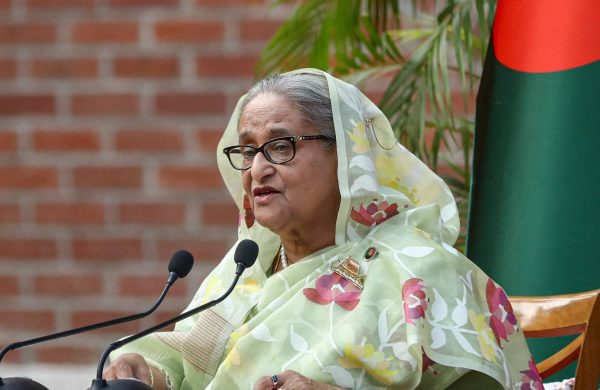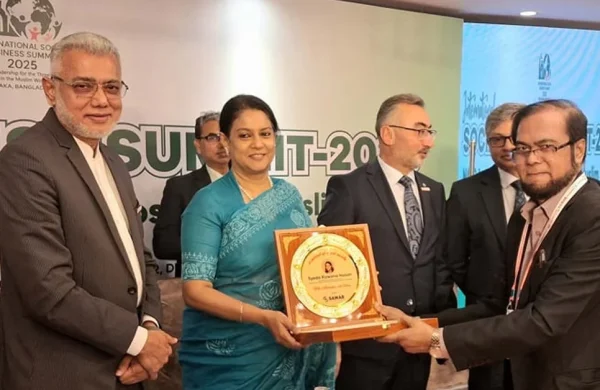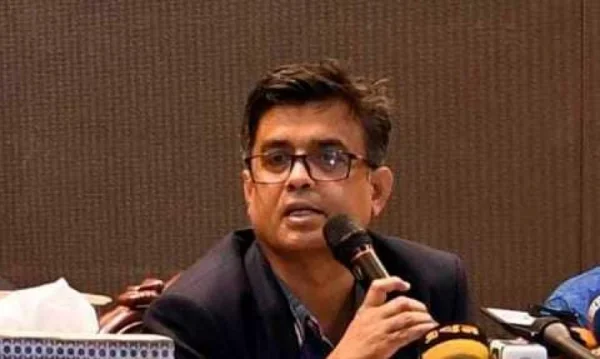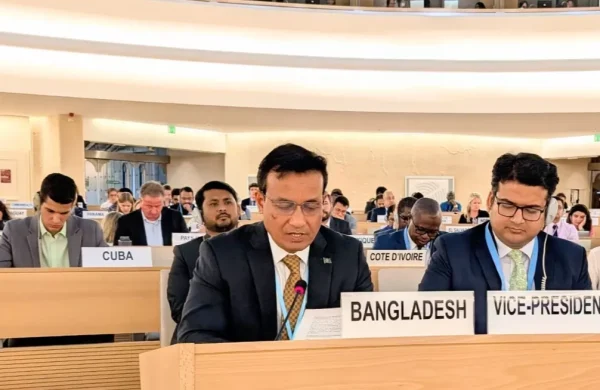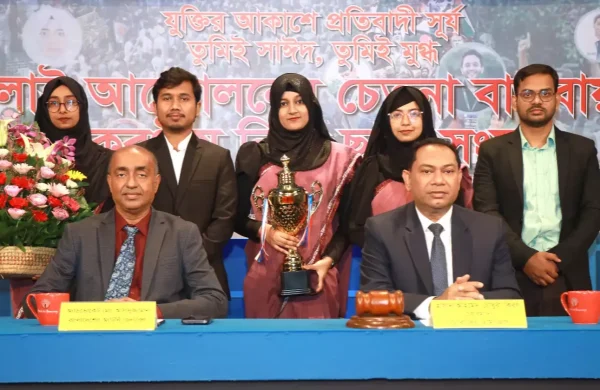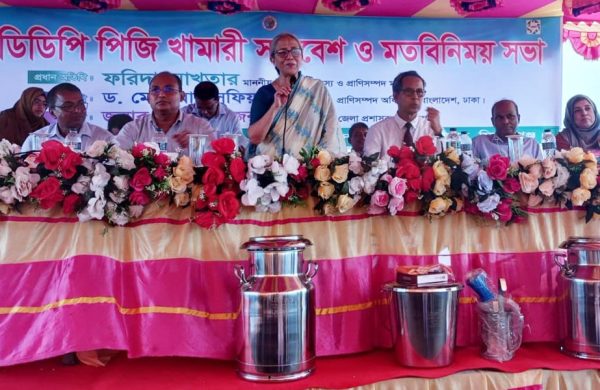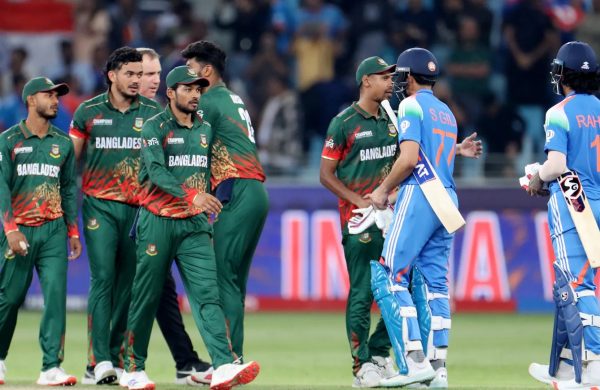Nagorik Committee proposes 16 local govt reforms, calls for structural and electoral changes
- Update Time : Tuesday, February 4, 2025
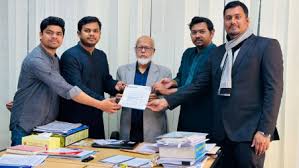
TDS Desk:
The Jatiya Nagorik Committee (National Citizens Committee) has submitted 16 reform proposals to the Local Government Reform Commission, advocating structural and electoral changes.
Joint Convener Sarwar Tushar shared the details at a press briefing at the Commission’s office at the National Local Government Institute on Tuesday ( February 4 ).
The proposals include forming district governments, introducing alternative systems, and abolishing elections with party symbols to prevent nomination trading.
Local Government Reform Commission Chairman Tofail Ahmed received the written recommendations on behalf of the commission.
The Nagorik Committee delegation comprised Joint Convener Sarwar Tushar, Executive Member and International Relations Secretary Alauddin Mohammad, Central Organiser and Crisis Response Cell Secretary Ali Naser Khan, and Co-Spokesperson Tahsin Riaz.
Sarwar Tushar said, “In addition to our written proposals to the Commission, we have opposed the conversion of the administration into four provincial structures, as this would be destructive. At the same time, we have called for local government elections before the constituent assembly elections.”
THE COMMITTEE’S REFORM PROPOSALS
- The current constitution refers to local government as local administration. This needs to be given constitutional recognition as local government and effectively transformed into local government.
- The following organisational structure and levels must be established to end the unitary system of governance in local government institutions and ensure effective public services:
o There will be three levels of local government: union parishad, upazila parishad, and district parishad.
o The centre of local government will be the district parishad, which will be run in the style of a district government.
o All councils will be formed with directly elected representatives.
o The chairman and vice-chairman of each council will be elected by the members of the council.
o To ensure the accountability of the council, a monitoring council consisting of locally acceptable persons should be formed at the union and upazila levels. The local public representatives will coordinate with the monitoring council on a monthly basis to oversee activities.
- The colonial-era local administration system prioritises government needs over public welfare. Local government should be self-governing and development-focused.
- Articles 59 and 60 of the constitution should be amended to enhance local government’s role in state decision-making.
- Elected representatives should be accountable to the people, with a provision allowing voters to recall them based on serious allegations with at least 65% voter support.
- Public services should be decentralised, ensuring that union-level services do not require upazila visits and upazila-level services do not require district visits.
- Local governments should have autonomy in planning and budgeting, with sustainable environmental and economic considerations. Budget implementation reports should be published online.
- Local government services should be digitised to align with the Fourth Industrial Revolution, enabling broader public access.
- Since most overseas workers come from rural areas, local governments should facilitate technical skill development and job placement.
- The Ministry of Local Government, Rural Development, and Co-operatives should assist rather than control local institutions. Local representatives should not be subordinate to government officials.
- Local government elections should be held simultaneously nationwide, without party symbols or affiliations.
- MPs should have no role in local government activities. Their duties should be limited to lawmaking and ensuring government accountability.
- Union parishad chairpersons should not be directly elected. Instead, council members should serve as chairpersons on a rotating basis to prevent the concentration of power.
- Citizen representatives should have a legal right to attend and voice opinions at local government meetings.
- Local representatives should implement measures to support underprivileged citizens and receive fair allowances.
- Standing committees, similar to parliamentary committees, should be established in local government to oversee current management and long-term development planning.


